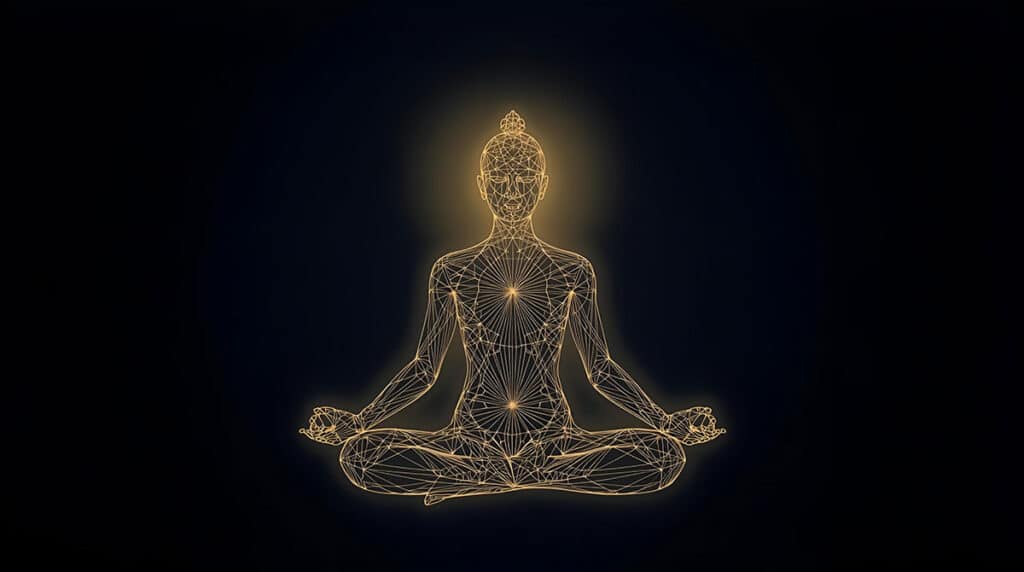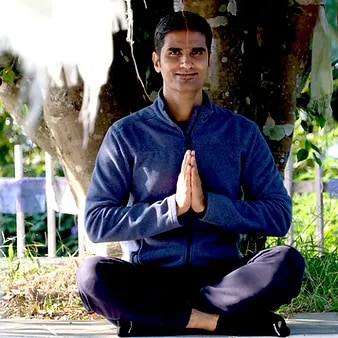Embracing the Beauty of Imperfection: Why Flaws Make Us Whole
by Hardik Mehta

In a world increasingly obsessed with flawless selfies, Instagram-perfect interiors, and unblemished success stories, the idea of embracing imperfection can feel revolutionary. Yet, it’s precisely through our cracks that the light gets in—and our genuine selves shine through. In this blog, we explore how embracing imperfection isn’t a sign of weakness, but a profound act of acceptance, growth, and authenticity.
Why Imperfection Is Actually Powerful
1. Imperfection fosters authenticity
When we stop hiding our messes and stop editing out our flaws, we show up as real. Authenticity attracts connection—it’s how we form meaningful relationships, both with others and with ourselves. Instead of striving for a façade of perfection, embracing our imperfect selves allows us to be seen, heard, and accepted just as we are.
2. Imperfection invites growth
Perfection is static; imperfection is dynamic. When we accept that we are a work in progress, we open ourselves up to learning, evolving, and becoming. Every mistake, every failure, every “not-yet” moment carries a lesson. By acknowledging imperfection we shift from fear of failure into a mindset of curiosity and expansion.
3. Imperfection creates empathy
When we let our vulnerable side show, we allow others to do the same. Imperfection humanises us—it reminds us that we all have struggles, doubts, and setbacks. This creates bridges of empathy rather than walls of competition. It reminds us we are all on this journey together, imperfectly moving forward.
Common Myths About Perfection and Why They Mislead
Myth 1: “I must be flawless to be worthy.”
This belief drives burnout, anxiety, and chronic under-satisfaction. In truth, worthiness doesn’t come from being flawless—it comes from simply being. Our value is inherent. When we stop chasing an unattainable ideal, we can rest into self-acceptance.
Myth 2: “If I show my flaws, I will lose respect.”
Some believe that admitting mistakes or challenges will diminish how others see them. But the opposite is often true: showing vulnerability can strengthen trust and credibility. People respect authenticity far more than perfection.
Myth 3: “Mistakes mean I failed.”
In many cultures and workflows, mistakes are stigmatized. But mistakes are not the opposite of success—they’re part of it. Greats in every field have failed, floundered, fallen—and then risen. Embracing imperfection means embracing the full story, not just the highlight reel.
Three Practical Ways to Embrace Your Imperfection
1. Include a “flaw check-in” in your routine
Each day, spend two minutes acknowledging one way you weren’t perfect—maybe you lost patience, compared yourself to someone else, skipped a workout, or simply felt off. Then reflect: What can this imperfection teach me? How can I treat myself with kindness today because of it?
2. Share your story, not just your wins
Whether on social media, at work, or with friends, aim to share a “real moment” once a week: a challenge, a risk that didn’t pay off, a blemish in your routine. This doesn’t mean dumping all your pain, but choosing to spotlight the human behind the achievement. Others will relate. You’ll feel lighter.
3. Re-frame ‘imperfection’ as ‘pathway’
Instead of thinking “I’m imperfect”, try thinking “I’m in progress”. The word “in-progress” carries hope, flexibility and possibility. Look at your imperfections as signposts pointing to what you value—perhaps more patience, deeper connection, more self-compassion. Use them as gateways, not as impediments.
The Relationship Between Yoga, Mindfulness, and Imperfection

If we zoom into the world of yoga and mindfulness, embracing imperfection takes on profound meaning. In yoga we learn that the body changes, our breath fluctuates, the mind wanders. The “perfect pose” is never the goal—the goal is awareness, presence and self-respect. When we approach our practice (and life) with curiosity rather than judgment, we honour our imperfection as part of the human condition. Through mindful breath, posture, meditation, and self-reflection we discover that our value isn’t contingent on achieving ideal form—it lies in the intention, the effort, the returning.
Embrace Imperfection With Purpose
Here’s a short exercise to anchor this theme in your day:
- Sit in a comfortable position and take 3–5 deep, conscious breaths.
- On the next exhale, think of one thing you did today that felt “imperfect”—no matter how small.
- On the next inhale, say to yourself: “I accept this part of me.”
- On the next exhale, think: “I grow from this part of me.”
- Open your eyes, and bring that same acceptance and growth into your next activity.
Bringing It Home: Why This Matters in Your Every Day
Imperfection isn’t a flaw—it’s your humanity. When we stop hiding the cracks and start acknowledging them, we unlock a deeper wisdom: the wisdom that being imperfect doesn’t make us smaller—it makes us real. And being real connects us. It gives us resilience. It gives us purpose.
So take the mirror, the project, the goal, the relationship, the habit—whatever feels heavy with expectation—and ask: what if I embraced the imperfection in it? What if I welcomed the mess, the learning curve, the undone edges—and kept going anyway? Because that path, lined with imperfect footprints, often leads to the most authentic version of ourselves.
About Sayujya Yoga
The themes of embracing imperfection and continuous growth link beautifully with the ethos of Sayujya Yoga. Their website offers a gateway into a holistic journey—not just of physical postures, but of self-discovery, mindful alignment, and authentic living.
Here are some features of the Sayujya Yoga website and how they align with this blog’s message:
- 200-Hour Yoga Teacher Training Course: Their major offering is a 200-hour holistic teacher training in India (Mumbai and Goa) and 300-hour holistic teacher training in Dharamshala which emphasises anatomy, alignment, yoga philosophy, and careful progression—not overnight perfection.
- Student-Centred Approach: Their curriculum emphasises individual attention, support, and a functional approach to yogasanas, acknowledging that each body and journey is different—not every body fits the one “perfect” mould.
- Credentials and Reach: Sayujya Yoga is affiliated with the Yoga Alliance (USA) and they highlight that their training is designed for “lifelong committed yoga practitioners” rather than just “pose perfecters”.
All of this echoes the central theme of this blog: imperfection isn’t the enemy—it’s the pathway. Sayujya Yoga’s methodology invites students to engage with their authentic bodies and minds, to learn step-by-step, to deepen from within rather than chasing some external ideal. This approach mirrors the shift from “I must be flawless” to “I am in process, I am real, I am evolving”.
So if this blog has resonated with you—if the idea of embracing imperfection and moving toward authenticity feels meaningful—then exploring the offerings at Sayujya Yoga could be a natural next step in your path. Whether you’re simply seeking a more mindful self-practice or considering a full teacher-training journey, the website offers clear information, genuine testimonials, and a route to connect with this ethos.
Imperfection isn’t something to fix—it’s something to embrace. In letting our flawed edges remain visible, we discover our depth, our humanity, our connections, our capacity to grow. The more we lean into this truth—whether in our daily habits, our relationships, our careers, or our inner life—the more we unlock a fuller, richer, more authentic way of being.
And for those who resonate with this journey, the we stands as a practical invitation: to move from perfection-pressure into mindful presence; from self-critique into self-acceptance; from hiding our cracks into aligning our path with authenticity.
Let’s step into our imperfect lives with compassion and courage. Let’s show up. Let’s keep evolving. Because in our imperfection lies the very gift of becoming
About the Author

Hardik Mehta
Hardik is an E-RYT 500 & YACEP (Yoga Alliance Continuing Education Provider), Yoga Alliance, USA. He has been practicing yoga for the last 9 years. Prior to finding his true calling in Yoga, he was working with various corporates for 12 years in the Retail and eCommerce sector.
